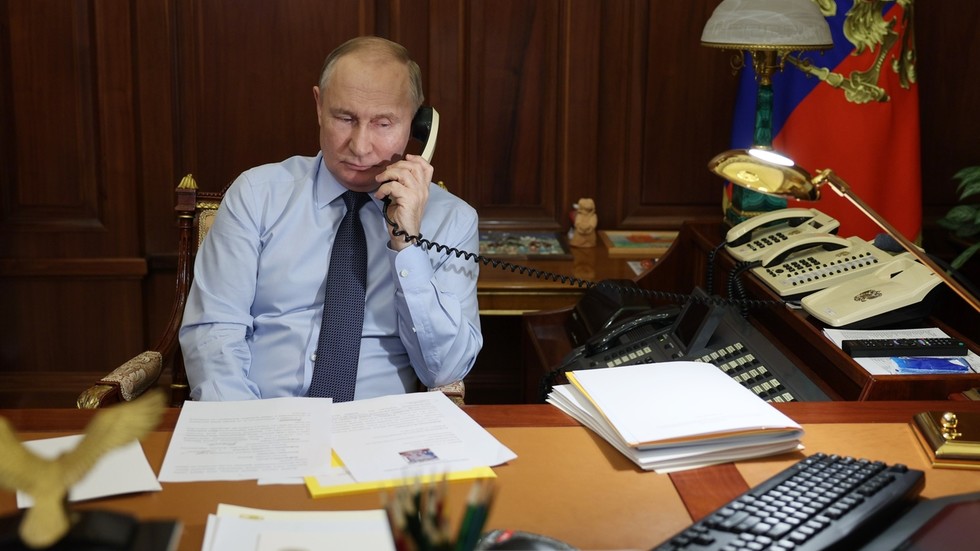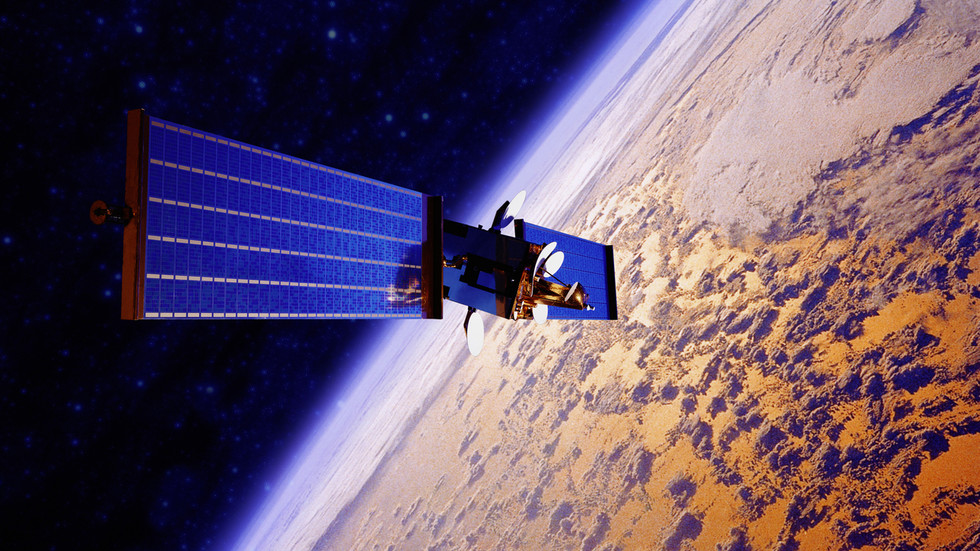In June, Ukraine and four European countries lodged complaints with the International Telecommunications Union (ITU), accusing Russia of “harmful interference” that included violent imagery of the war in Ukraine.
A month later, the ITU asked Russia to cease “intentional interference,” identifying the source as earth stations in Moscow, Kaliningrad and other locations. The UN body, which oversees the global satellite system, can issue public condemnations but lacks enforcement powers.
Russia denies breaking ITU rules and accuses NATO countries of conducting satellite interference of their own.
“We’re already at war with Russia, but a lot of people don’t understand that,” space military expert Patrick Bolder told Nieuwsuur.
Bolder said the number of European satellites targeted by Russia was significant, adding “it shows that we’re not resilient or sufficiently aware of our vulnerabilities.”
A Message from The Moscow Times:
Dear readers,
We are facing unprecedented challenges. Russia's Prosecutor General's Office has designated The Moscow Times as an "undesirable" organization, criminalizing our work and putting our staff at risk of prosecution. This follows our earlier unjust labeling as a "foreign agent."
These actions are direct attempts to silence independent journalism in Russia. The authorities claim our work "discredits the decisions of the Russian leadership." We see things differently: we strive to provide accurate, unbiased reporting on Russia.
We, the journalists of The Moscow Times, refuse to be silenced. But to continue our work, we need your help.
Your support, no matter how small, makes a world of difference. If you can, please support us monthly starting from just $2. It's quick to set up, and every contribution makes a significant impact.
By supporting The Moscow Times, you're defending open, independent journalism in the face of repression. Thank you for standing with us.
Continue
![]()
Not ready to support today?
Remind me later.

 By The Moscow Times | Created at 2024-11-15 13:40:24 | Updated at 2024-11-15 15:39:10
2 hours ago
By The Moscow Times | Created at 2024-11-15 13:40:24 | Updated at 2024-11-15 15:39:10
2 hours ago








